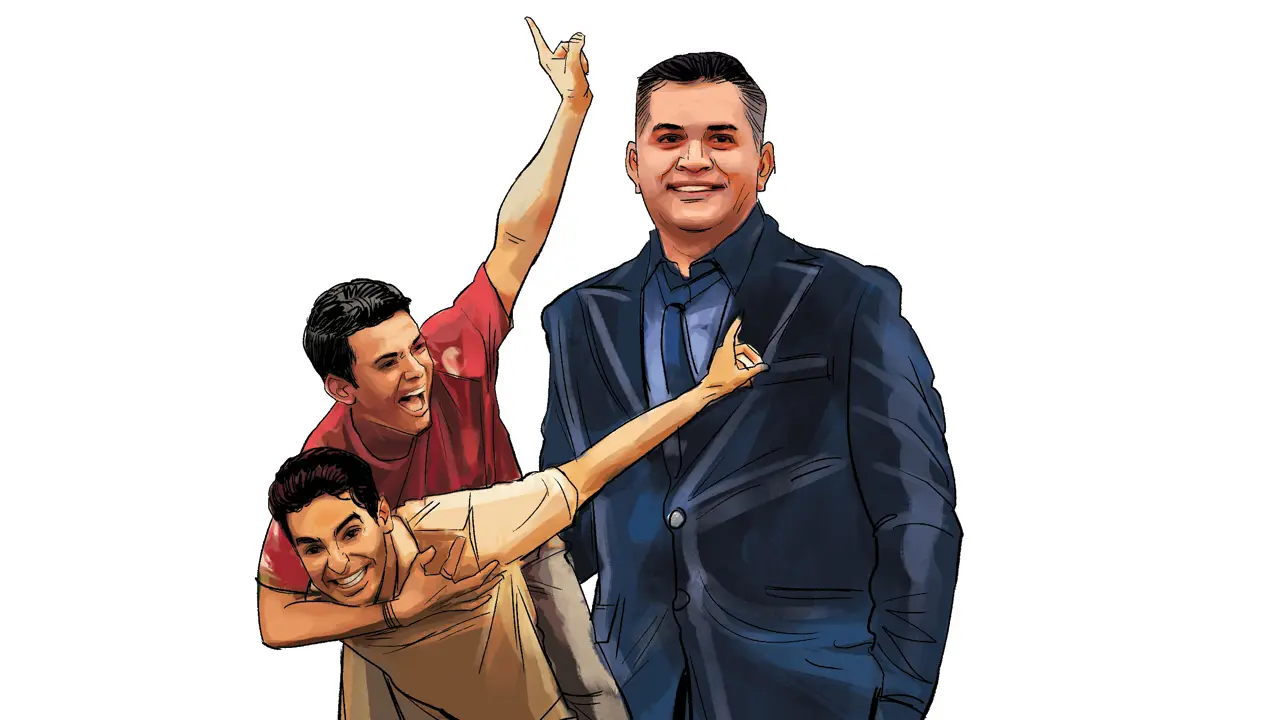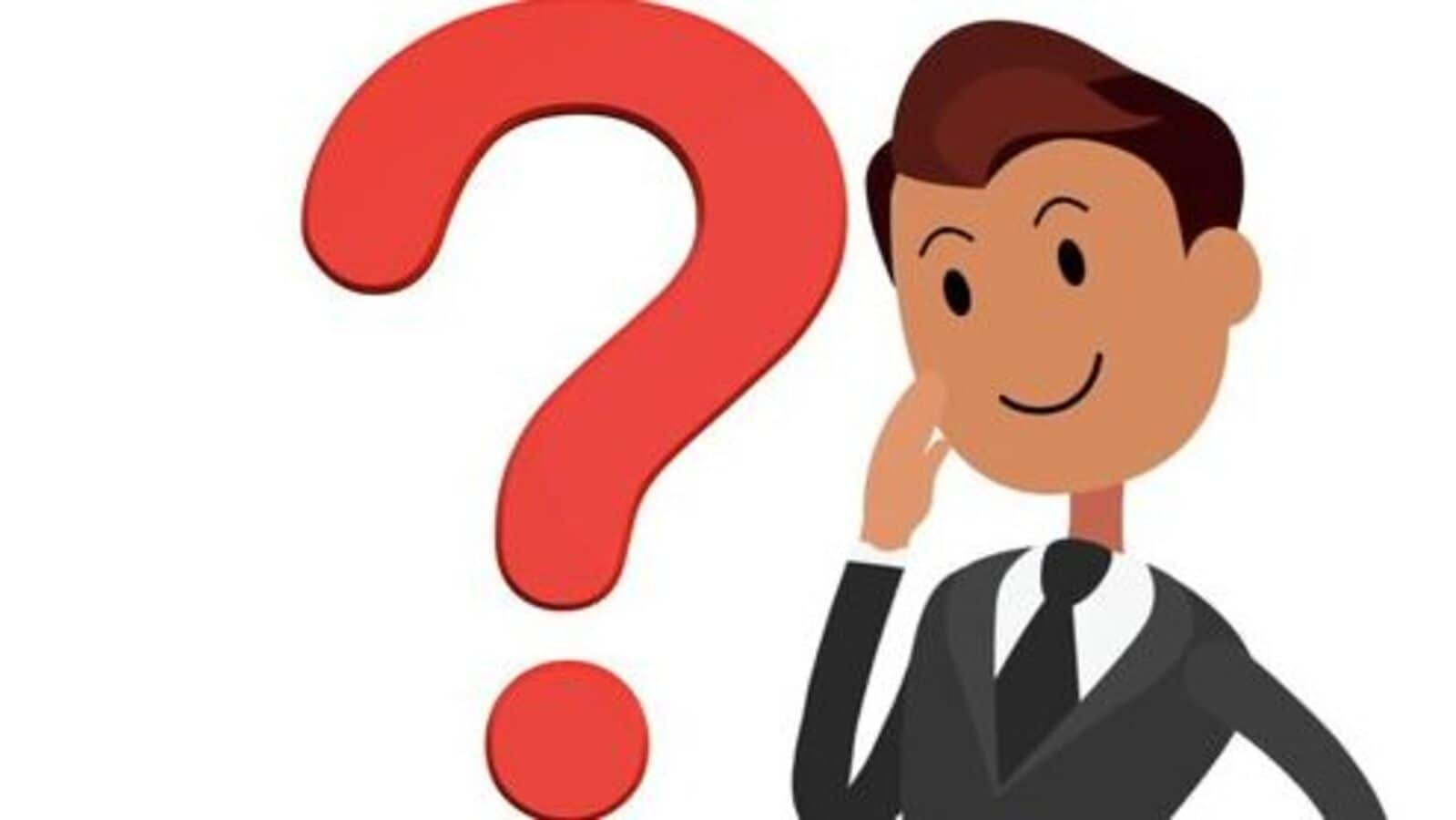[ad_1]
“Everything okay?”
“Am busy. Text?”
And that’s that.
As parents, we’re left clutching our phones like confused boomers in a meme. The natural instinct is to roll our eyes, sigh like dramatic 80s cinema parents, and say something that starts with “In our time…” and ends with a lecture on human connection and invariably ‘gratitude’.
Also Read: Boomers to Gen Z: How open communication can bridge the generation gap
But here’s the twist. What began as parental exasperation has now turned into grudging admiration. And now, full-blown adoption. Gen Z may not pick up calls, but they’ve cracked something we Gen Xers took decades to figure out. Most communication isn’t worth the noise. And frankly, most people aren’t worth the effort of a voice conversation. If I don’t enjoy speaking to you, or if what I have to say doesn’t need vocal cords, why not text?
Now, I’m a convert. I type what needs to be said and move on. No drawn-out pleasantries. No forced phone conversations with people I wouldn’t willingly share a meal with. No more, “Hey, just calling to check in…” before awkwardly circling to the point.
You want something? Message me. Need a decision? Message. Just saying ‘Hi’? Even better—message.
A much younger friend once said, “Calls are like weddings. Too many guests. Too much small talk. Exhausting.” At the time, I laughed. Now, I quote it.
There’s clarity in the way the young operate. Speak when you must. Speak when you genuinely enjoy it. Anything else is logistics. And that’s better typed, time-stamped and delivered silently to a phone screen.
Now, I understand the joy. The discipline. The sanity.
Also Read: Money dysmorphia is haunting millennials and Gen Zers
The read-receipt revolution: Gen Z has embraced ‘seen and not replied’ as a perfectly acceptable form of interaction. It’s not rude—it’s marvellously realistic. They’re masters at ignoring the guilt trip of blue ticks. If it wasn’t urgent, it can wait. And if it was urgent, well—you should’ve texted better.
Emojis as emotional intelligence: Who needs a paragraph when a single emoji will do? A skull emoji can mean ‘I’m laughing,’ ‘I’m dead tired,’ or ‘That’s tragic,’ depending on the context. They’ve condensed emotional nuance into symbols with more efficiency than our long voice notes ever could.
Group chats over group calls: Gone are the days of painfully coordinating everyone’s availability for a 45-minute team call that could’ve been an email. Gen Z runs tight operations in group chats. Polls, memes, screenshots—they run entire social lives and projects without a single voice being heard.
Mental health by design: Think about it. They’re not ducking your calls out of laziness. It’s intentional. Calls can be intrusive, performative, even anxiety-inducing. Texting offers a buffer, a breather and a choice. It’s a boundary disguised as convenience—and we all need it.
Also Read: Why senior managers walk on eggshells around Gen Z at the workplace
Notification Zen: While our generation still jumps at every ding like Pavlov’s dog, Gen Z’s phone etiquette is savvier. They glance, assess and swipe away. They’re curators of their attention, not slaves to it. And that is liberation. We oldies need to learn.
The politeness of precision: Gen Z’s brevity is often mistaken for brusqueness. It’s not. They’re not wasting your time. Every word is deliberate. They’ve traded niceties for honesty, and I, for one, am impressed.
No fear of missing calls: Missed a call? They won’t follow up with panic. They’ll just text. The world hasn’t ended and your life hasn’t collapsed. They’ve de-dramatized communication. Asynchronous is the new normal—and it’s refreshing.
The voice note conundrum: Voice notes are a curious halfway house. Gen Z sends them, but not like we do. While we treat them like miniature podcasts—meandering and self-important—they keep theirs tight and purposeful. Under 30 seconds. No rambling, no context-setting, no backstory from 2007. Just the message, delivered like verbal Morse Code.
Performative niceness is passe: They’ve abandoned that old-world ritual of forced niceties. No “Hope you’re doing well” if they don’t mean it. No fake smiles when they’re not feeling up to it. Their interactions may be brief, but they’re sincere. In a world that hides behind performative politeness, Gen Z’s brutal honesty is oddly refreshing.
Also Read: Do Gen Z workers need etiquette training?
Silence as a signal: Perhaps most striking of all, Gen Z recognizes that silence is also a form of communication. No reply doesn’t mean they’re ignoring you. It might mean your message didn’t require a response. Or they’re thinking. Or they’ve chosen not to engage. It forces us, awkwardly, to become better senders. If you want a reply, make it worthy of one.
So yes, I still call my children sometimes. But mostly, I text. And now when I get a two-word response, I smile. I’ve made peace with the pause. I’m learning their language. But I know they’ll never listen to it.
The author is a corporate advisor and author of ‘Family and Dhanda’.
[ad_2]
Source link





